Expungement of domestic violence charges, like other criminal charges, varies by jurisdiction and depends on the specific laws and procedures in your state or locality. In the United States, expungement is the legal process of sealing or erasing a criminal record, making it unavailable for public view. While expungement may be possible for some individuals with domestic violence charges, it’s important to understand that eligibility and the process can be complex and may not be available to everyone. Here are some general steps to consider:
- Consult an Attorney: Consult with an experienced criminal defense attorney who specializes in expungement cases. They can provide guidance on the specific expungement laws in your jurisdiction and evaluate your eligibility.
- Understand Eligibility: Eligibility for expungement varies by state and depends on factors such as the nature of the offense, the outcome of the case, and the time that has passed since the conviction or completion of the sentence. Some states may not allow expungement for domestic violence convictions.
- Check Waiting Periods: In many cases, there is a waiting period that must pass before you can apply for expungement. The length of this waiting period can vary depending on the jurisdiction and the severity of the offense.
- Complete Probation and Requirements: If you were placed on probation or had other conditions as part of your domestic violence conviction, it’s essential to successfully complete these requirements before pursuing expungement.
- Gather Documents: Collect all relevant documents related to your case, including the court records, sentencing information, and proof of compliance with any probation or conditions.
- File a Petition for Expungement: Your attorney will help you file a formal petition for expungement in the appropriate court. This petition typically includes a detailed explanation of why you believe your record should be expunged, as well as supporting evidence.
- Attend a Hearing: In some cases, a hearing may be required to determine whether your record should be expunged. Your attorney will represent your case at this hearing.
- Follow the Court’s Decision: If the court grants your expungement request, follow any additional requirements or procedures, such as notifying relevant agencies or authorities, to ensure the process is completed correctly.
- Verify Expungement: Once your record is expunged, verify that it has been removed from public access by checking with law enforcement agencies, background check services, and other relevant entities.
It’s crucial to emphasize that the expungement process is highly dependent on local laws and regulations. Additionally, not all states or jurisdictions permit the expungement of domestic violence convictions. Consulting with an attorney who is knowledgeable about the laws in your area is essential to determine your eligibility and navigate the expungement process effectively.
Also Read:
https://highspeedpost.com/how-to-get-gryphroom-in-prodigy/
https://highspeedpost.com/how-to-get-gumdrops-fast-in-bee-swarm-simulator/
https://highspeedpost.com/how-to-get-gun-rights-back-in-oregon/
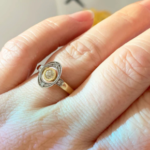

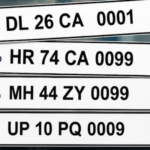









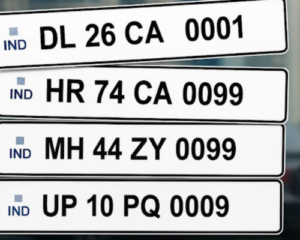







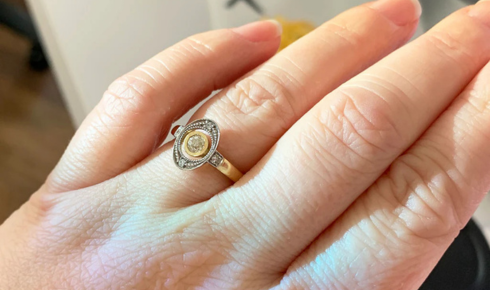

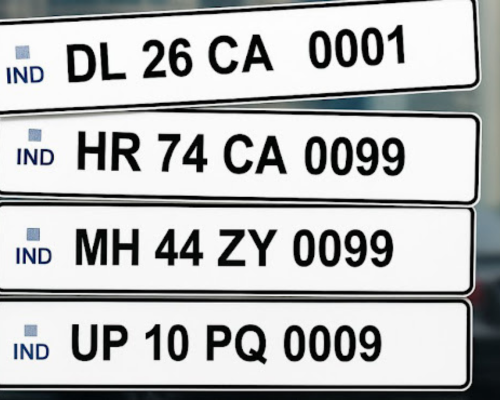





+ There are no comments
Add yours